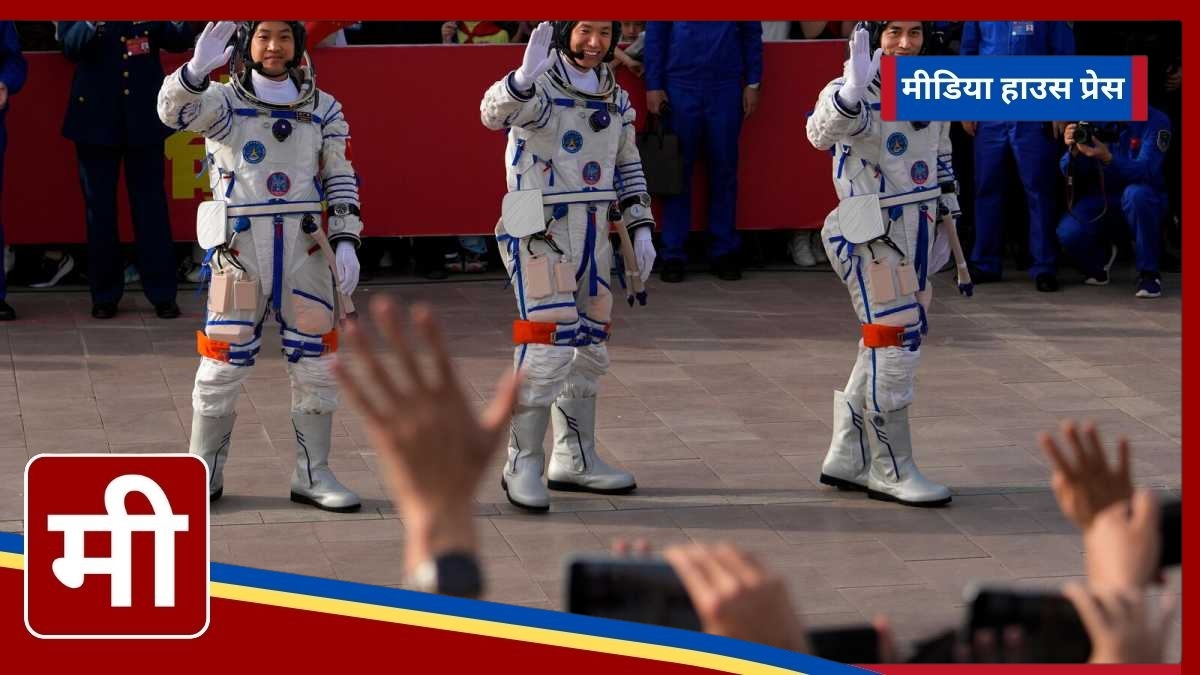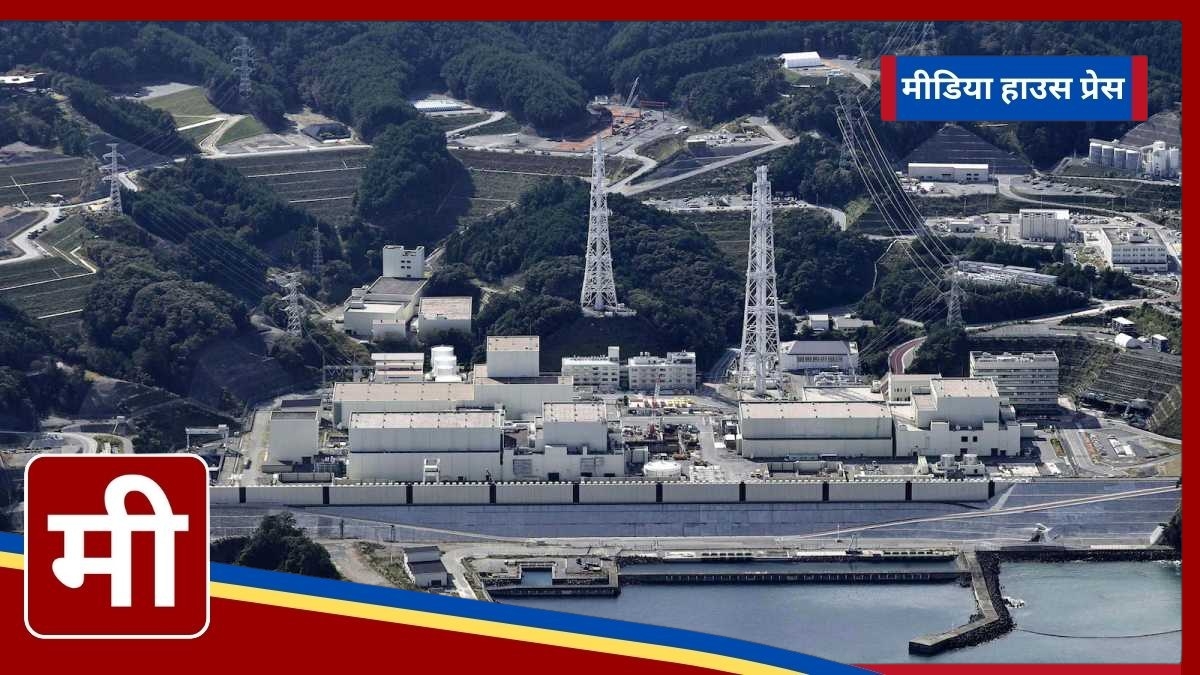China Space Ambitions Soar: Astronauts Return from Six-Month Mission on Tiangong Space Station

The astronauts’ capsule, descending with a large parachute to reduce speed, landed smoothly in a remote area of Inner Mongolia around 1:24 a.m. local time. Upon touchdown, the crew exited the capsule, greeted by a Chinese flag waving beside their landing site—a symbolic testament to China’s growing presence in space.
Expanding Horizons: China’s Space Exploration Journey
China’s recent achievements in space exploration have been nothing short of impressive. In recent years, the nation successfully retrieved rock samples from the Moon and deployed a rover on Mars, aiming to send a human to the lunar surface by 2030. This would make China only the second nation after the United States to accomplish this feat, further intensifying its presence in the global space race.
China’s Tiangong Space Station, whose name translates to “Heavenly Palace,” was completed just two years ago and has since been a focal point of China’s space ambitions. Last week, Tiangong welcomed a new team of three astronauts—a mix of two men and one woman—who are set to carry out experiments, conduct spacewalks, and install equipment to shield the station from space debris. Their mission will ensure that the station remains safe, operational, and scientifically productive for the months to come.
Navigating Space Debris: A Growing Challenge for Tiangong
China’s space program has made significant strides, but not without challenges. According to reports from China’s state news agency, Xinhua, the Tiangong station has had to execute several maneuvers to avoid collision with space debris. These precautions are necessary to protect the station, especially since a segment of the station’s solar wing recently lost partial power due to debris impact. This incident underscores the increasing challenges faced by orbiting satellites and stations in a rapidly crowding low-Earth orbit.
Interestingly, China is among the countries that have contributed to space debris over the years. Notably, a Chinese rocket stage disintegrated in August during the launch of satellites for a global internet network, adding to the accumulation of space junk.
Tiangong’s Future: Global Collaborations on the Horizon?
To date, the Tiangong Space Station has hosted only Chinese astronauts, in contrast to the International Space Station (ISS), which has welcomed astronauts from various countries around the globe. However, China has expressed openness to training and including foreign astronauts in future missions, as per a recent announcement from the Chinese space agency’s spokesperson. Such collaborations could pave the way for China to extend its influence in international space partnerships.
Due to national security concerns, particularly related to the involvement of the Chinese military in its space program, China has been excluded from participation in the ISS. However, the country’s ambitions for space exploration remain undeterred. Last month, China laid out an ambitious roadmap with the goal of becoming a global leader in space science by 2050, emphasizing its commitment to advancing research and innovation in space exploration.
A New Era of Space Exploration: China’s Race to the Moon and Beyond
China’s recent achievements and future goals reflect an unwavering commitment to becoming a formidable player in space science. With strategic missions like Tiangong and its aspirations to send humans to the Moon, China is setting the stage for a new era of space exploration, promising exciting advancements for both China and the global space community.



